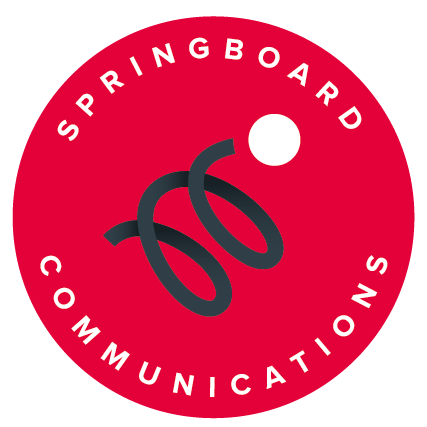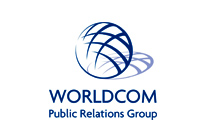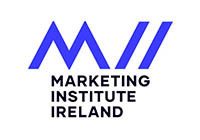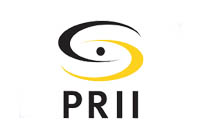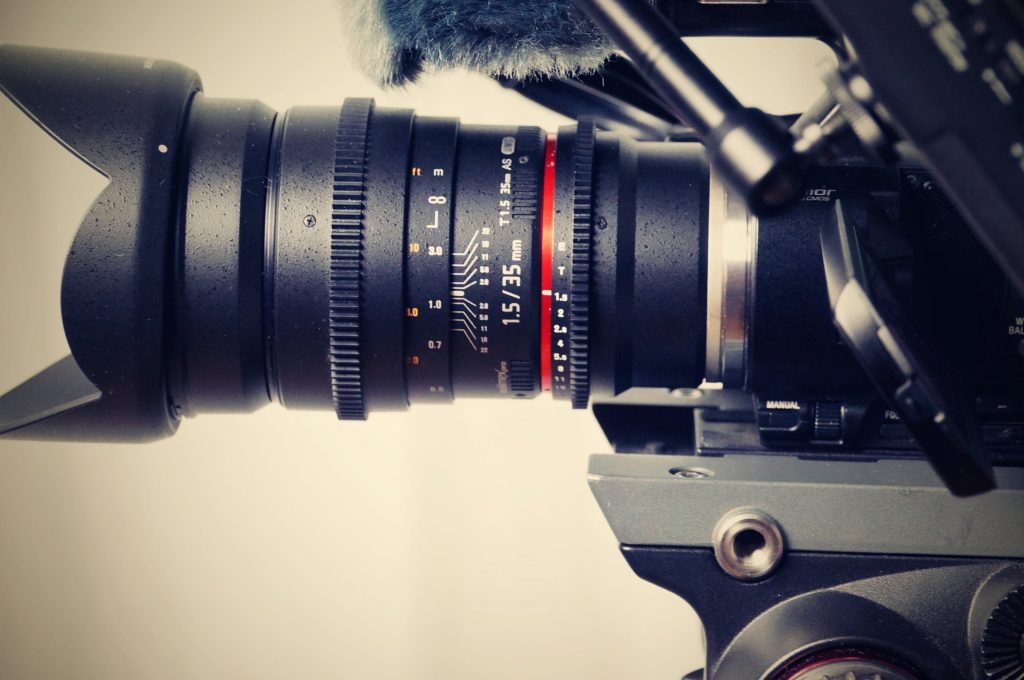
Preparing for a media interview? Here are 5 pitfalls to avoid
Whether it’s a local radio show or an appearance on national Irish media, here’s how to prepare for a media interview. To really nail the prep, the team at Springboard Communications would encourage you to first invest in media training. By doing so, you will become aware of the common live media interview mistakes and how to avoid them.
Here are five possible pitfalls that can be easily navigated and how to prepare for a media interview.
1. Dead Air
Listen to any radio media interview and you will often hear somebody being asked a question which they weren’t prepared for. Some interviewees have a habit of using filler words while they think to fill the dreaded dead air. Phrases such as: “It’s kind of…” or “It’s, um, sort of like...” make it sound like you’re not fully prepared. Reporters will also use them verbatim in written quotes and this language sends a non-committal message to your audience. To combat this, Springboard Communications recommends preparing and practicing your key messages before your media interview. Through our Media Training service, we regularly work with our clients on developing key interview skills to ensure they are relaxed, confident and always stay on message.
2. That Question
It is the journalist’s job to ask you tough questions, and sometimes, it may be something you would prefer not to discuss. It’s important to know how to respond to these gracefully, without revealing too much, and turn the conversation back to your preferred topic.
The team at Springboard Communications will work with you to anticipate these tricky questions and craft go-to answers that will transition the conversation to one of your key messages in a natural, conversational way
3. Avoid Jargon
The interviewer wants to find out more detail about you and your brand, not the facts and figures they already know regurgitated back to them. Avoid inserting sales or marketing language and instead offer a fresh straight-forward perspective on how your company stands out from the crowd.
We can help you phrase interesting and thoughtful insights into concise and to-the-point answers.
4. Taking a Passive Role
You may be experienced in public speaking but there is a difference between standing in front of a crowd and being on camera. Body language is everything.
For example, if you are on an interview panel and somebody else is speaking, you may think the camera isn’t on you and begin to relax and look at the ground. When you are on camera, this comes across as if you are not engaged. Springboard will advise you on what positive body language to use, and what to avoid.
5. Dressing Inappropriately
When it comes to visual media, you don’t want your appearance to overshadow or distract from the message you want to convey. To help you navigate this sometimes tricky task, Springboard Communications has put together our Top Tips for Dressing for Television.
If you would like more information on how you can prepare for a media interview, email info@springboardcommunications.ie.
For more stories like this sign up for our Insights newsletter ›
BACK TO TOP




